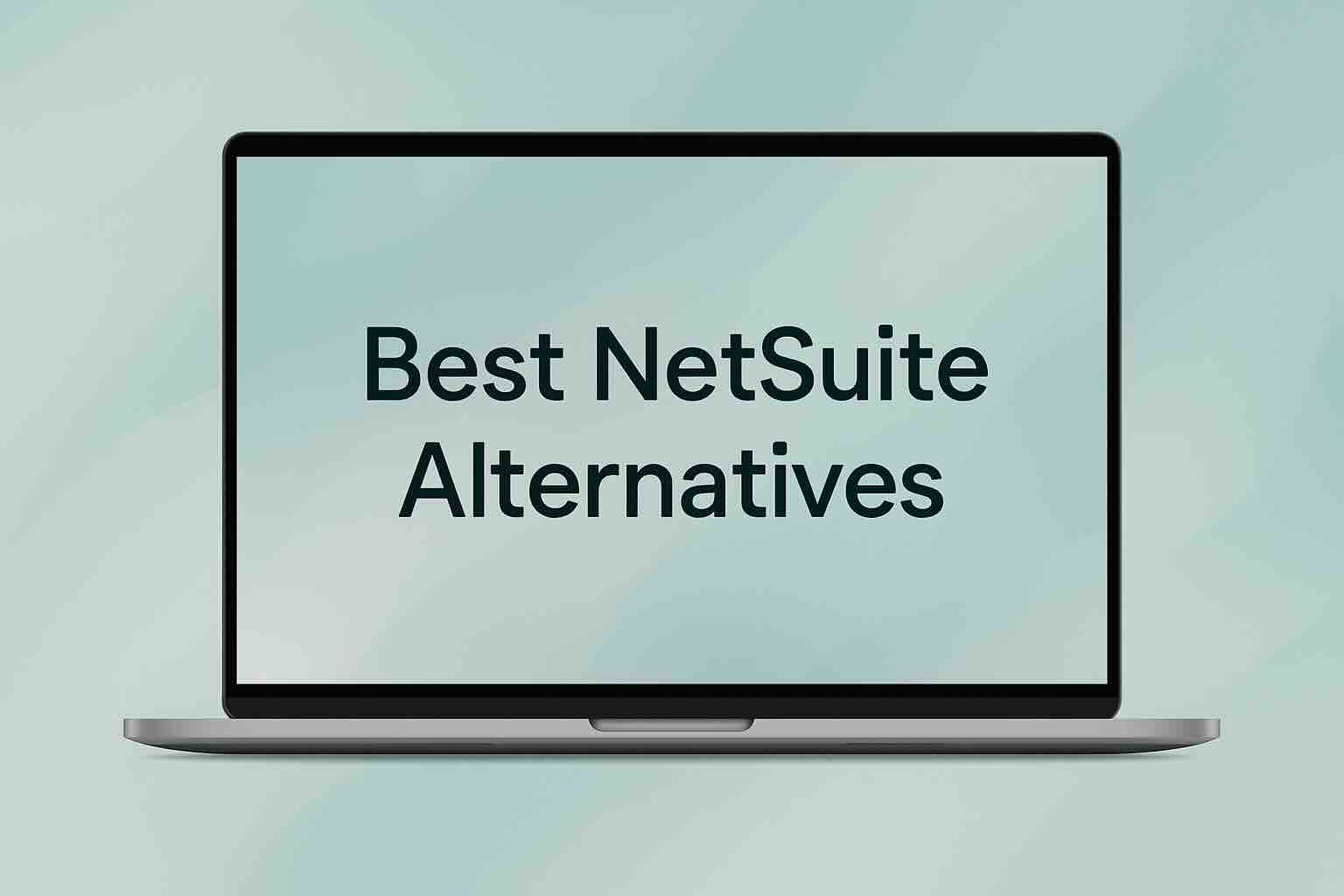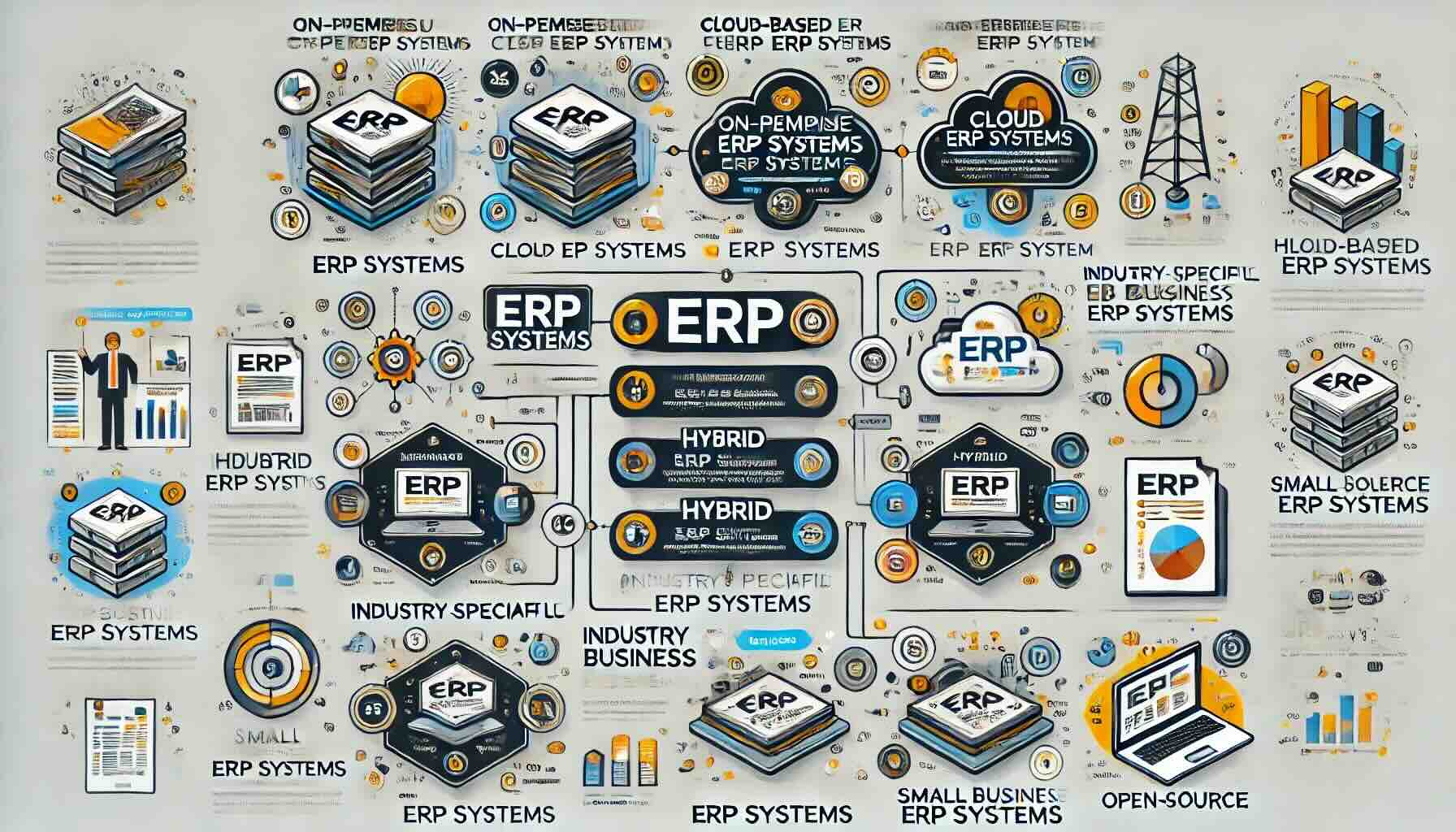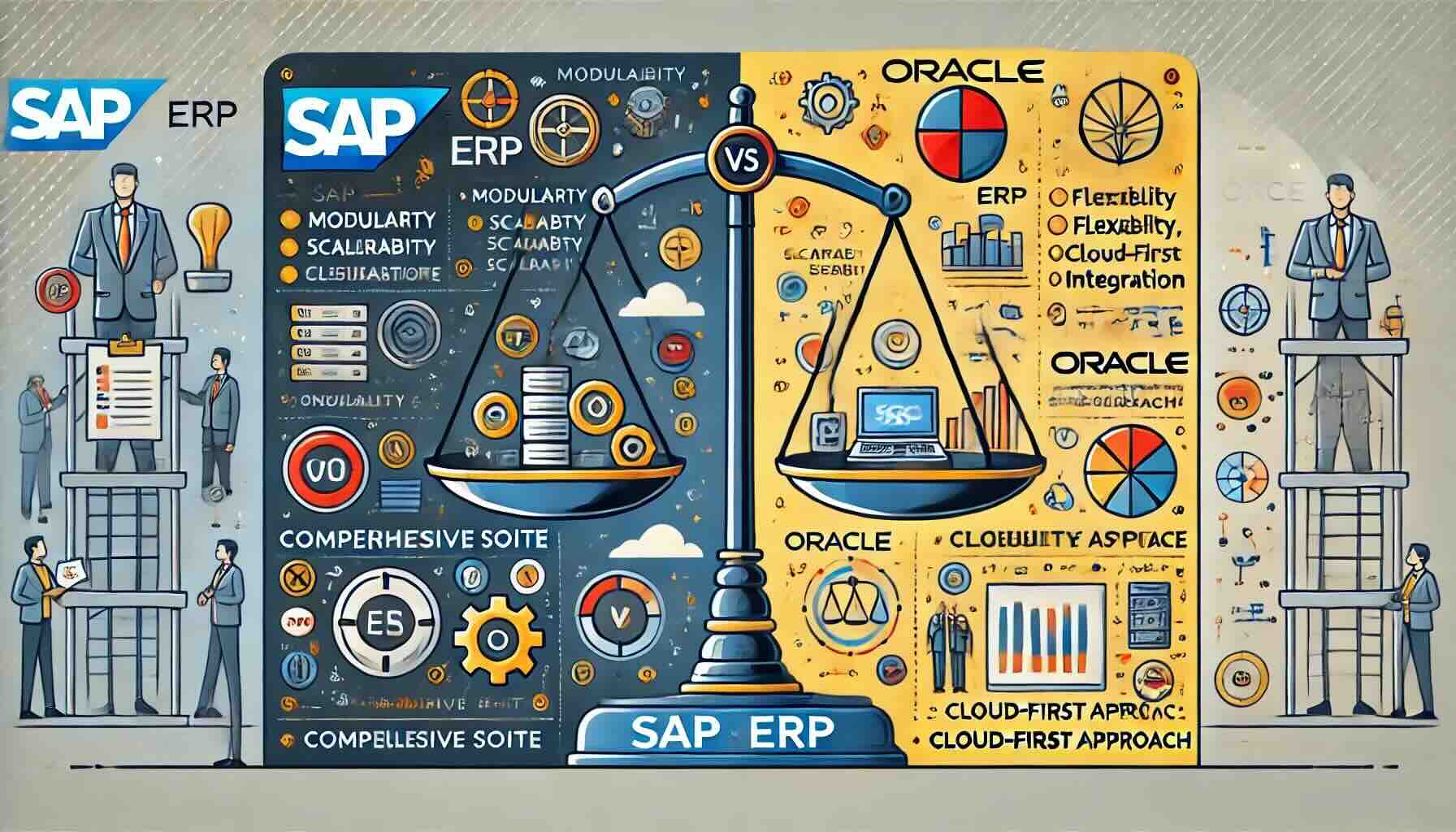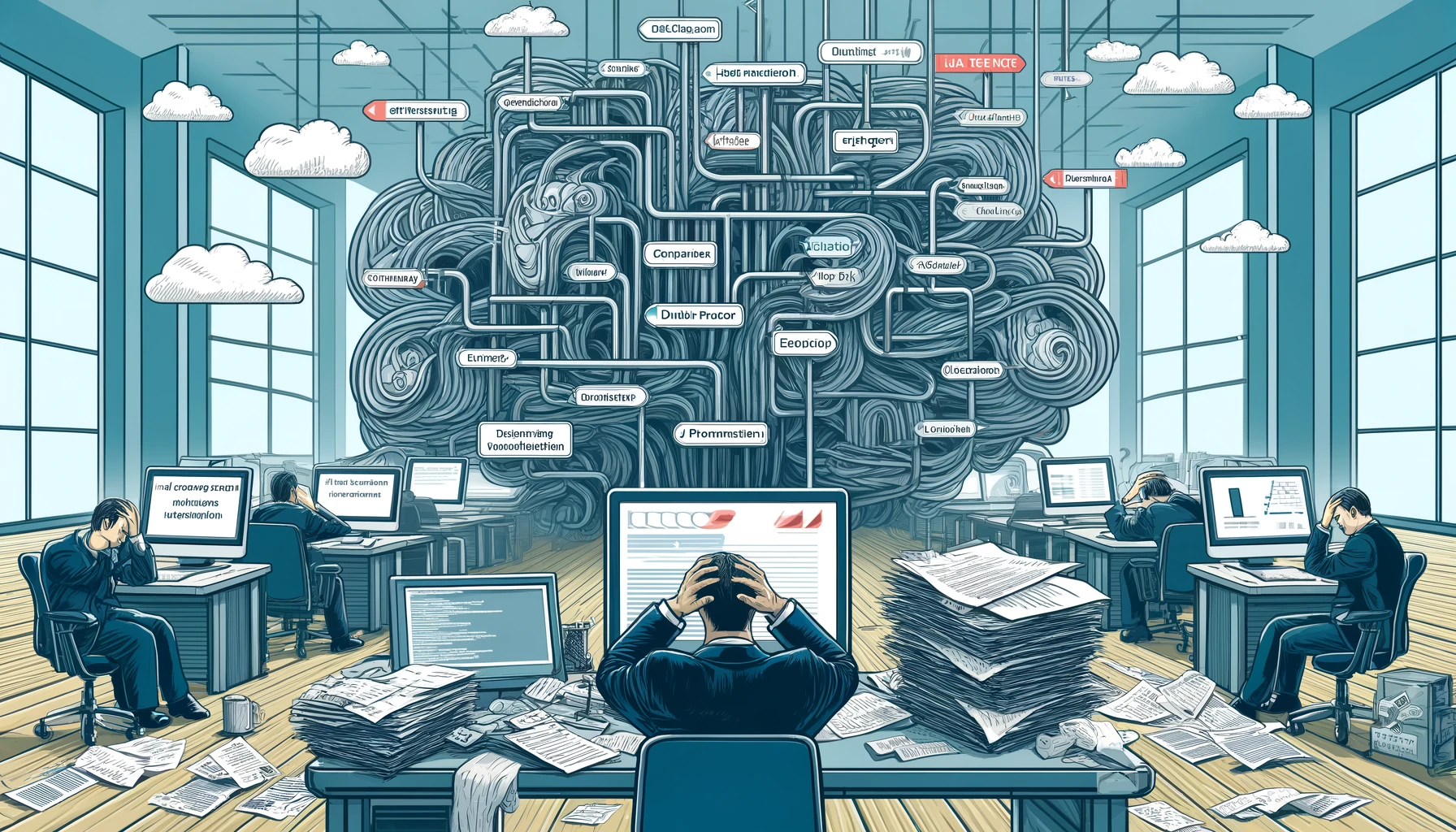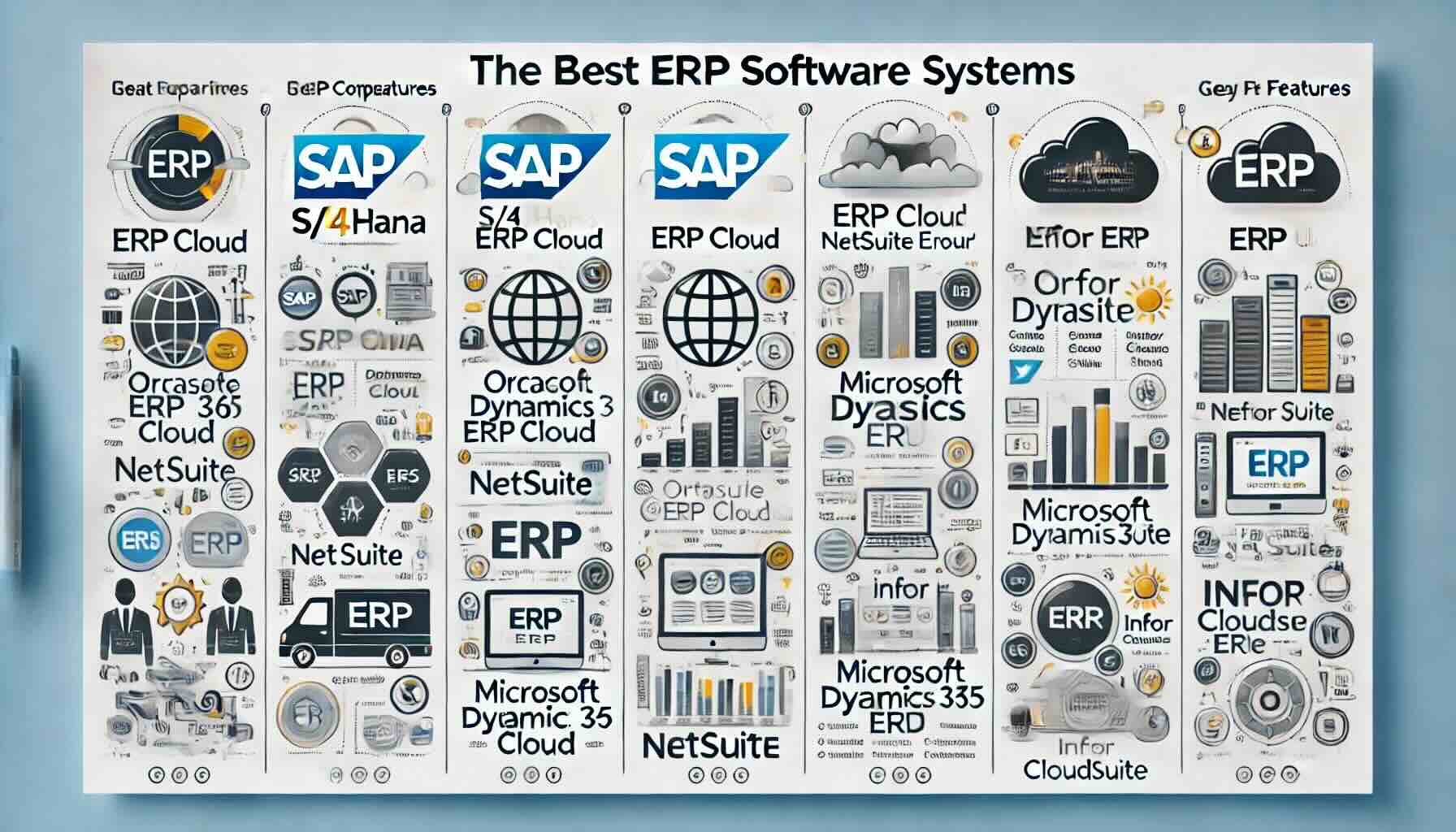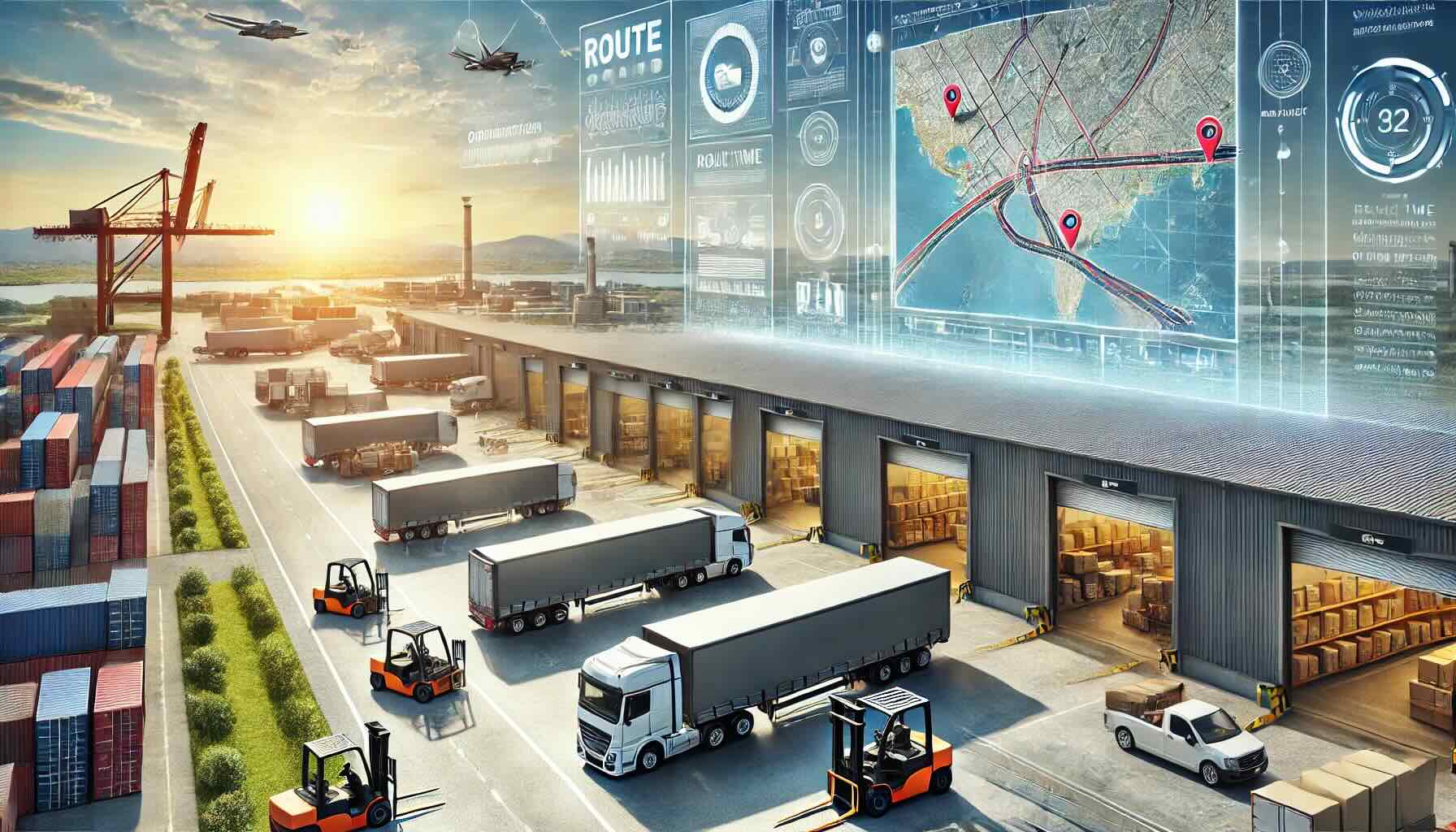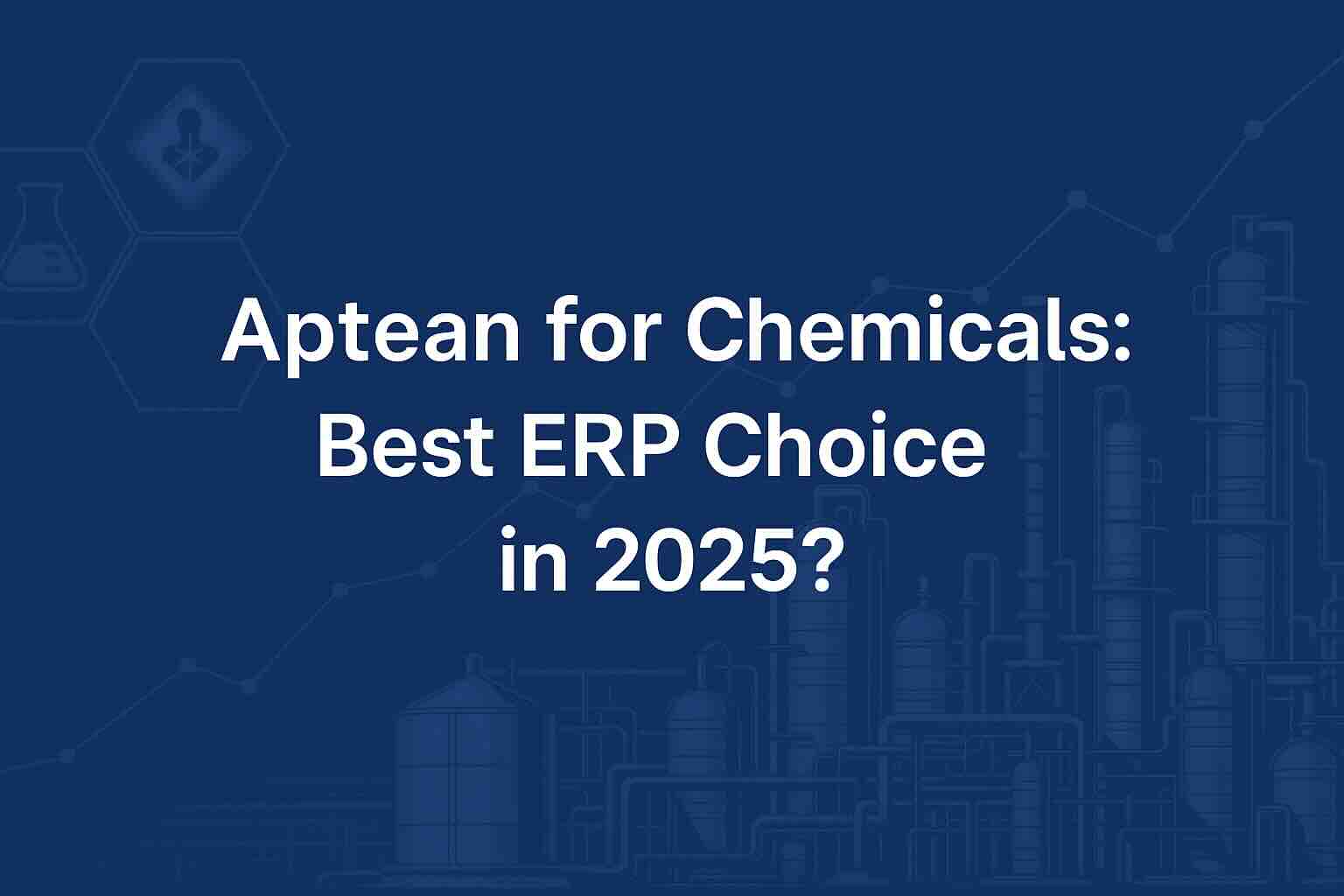Compare ERP for Construction Businesses

Navigating the Complex Landscape: Compare ERP Solutions for Construction
In the construction industry, where project complexity and financial stakes run high, the demand for efficient and integrated business solutions is paramount. The construction sector, known for its multifaceted projects involving numerous stakeholders, intricate supply chains, and stringent compliance requirements, finds a robust ally in Enterprise Resource Planning (ERP) systems. These systems stand as a linchpin for managing vast arrays of data, streamlining operations, and fostering communication across departments. As construction companies aim to keep pace with technological advancements and evolving market demands, the choice of an ERP solution becomes crucial. In this context, comparing ERP solutions tailored for construction is not just about selecting a software package—it’s about choosing a strategic partner that aligns with the unique workflows, financial management, and project management needs of the industry.
The construction industry’s ERP landscape is dotted with several key players, each bringing distinct capabilities to the table. Notable among them are Acumatica, Epicor, IFS Cloud, Infor, Odoo, Oracle Cloud, and SAP S4/HANA, as per my knowledge source. Each of these platforms offers a unique blend of features designed to address the specific challenges of construction management. The following comparative analysis dives into the strengths and nuances of these ERP solutions, helping business leaders make an informed decision that best suits their operational needs.
Acumatica
Acumatica stands out with its cloud-based platform, offering real-time insights and a comprehensive suite of applications tailored for the construction industry. Its strengths lie in its user-friendly interface and scalability, making it a suitable choice for growing construction firms. The solution excels in project accounting, job costing, and compliance management, providing a holistic view of project performance. Click this link to find out more about Acumatica for construction.
Epicor
Epicor is known for its deep industry expertise and offers a robust solution focused on improving profitability and managing complex projects. Its strong suit includes advanced material management, project management, and financial analytics. Epicor’s system is designed to optimize resources and streamline operations, making it ideal for large-scale construction projects. Click this link to find out more about Epicor for construction.
IFS Cloud
IFS Cloud specializes in asset management and service-oriented solutions. It’s a great fit for companies managing large infrastructures and needing strong maintenance and lifecycle management capabilities. The platform’s agility and ability to adapt to complex project environments make it a top choice for businesses focusing on infrastructure projects. Click this link to find out more about IFS Cloud for construction.
Infor
Infor offers a comprehensive solution aimed at improving project and risk management. Known for its industry-specific functionality, Infor’s solution is adept at handling subcontractor management, complex billing, and compliance requirements. It’s a suitable option for firms looking for a highly customizable ERP system. Click this link to find out more about Infor for construction.
Odoo
Odoo’s ERP solution is known for its modularity and affordability. It’s particularly beneficial for small to medium-sized construction businesses. The platform offers a range of apps for project management, accounting, and HR, allowing firms to choose and integrate modules as per their specific needs. Click this link to find out more about Odoo for construction.
Oracle Cloud ERP
Oracle Cloud ERP is a heavy-hitter in the ERP space, offering a comprehensive suite of applications. It’s particularly strong in analytics, project financials, and procurement. The platform’s robustness and extensive integration capabilities make it a viable option for large enterprises with complex project needs. Click this link to find out more about Oracle Cloud ERP for construction.
SAP
SAP S/4HANA, known for its powerful analytics and real-time data processing, is a top-tier choice for large construction firms. The platform excels in financial management, project planning, and resource allocation. Its ability to handle large volumes of data and complex project structures makes it a preferred choice for multinational construction companies. Click this link to find out more about SAP S/4HANA for construction.
Conclusion
In conclusion, while all these ERP solutions bring valuable capabilities to the construction sector, the right choice depends on the specific needs of the business. Factors such as company size, project complexity, budget, and specific feature requirements should guide the decision-making process. As the construction industry continues to evolve, selecting an ERP solution that not only addresses current needs but also scales for future growth is imperative. This comparative analysis aims to shed light on the diverse options available, assisting construction companies in their quest to optimize operations and drive business success in an increasingly competitive landscape.
To compare these ERP solutions and many more, you can use our new AI-powered Compare ERP tool. It’s free to use and you get a guaranteed discount on your first year’s licence fees with a referral from Compare ERP.

